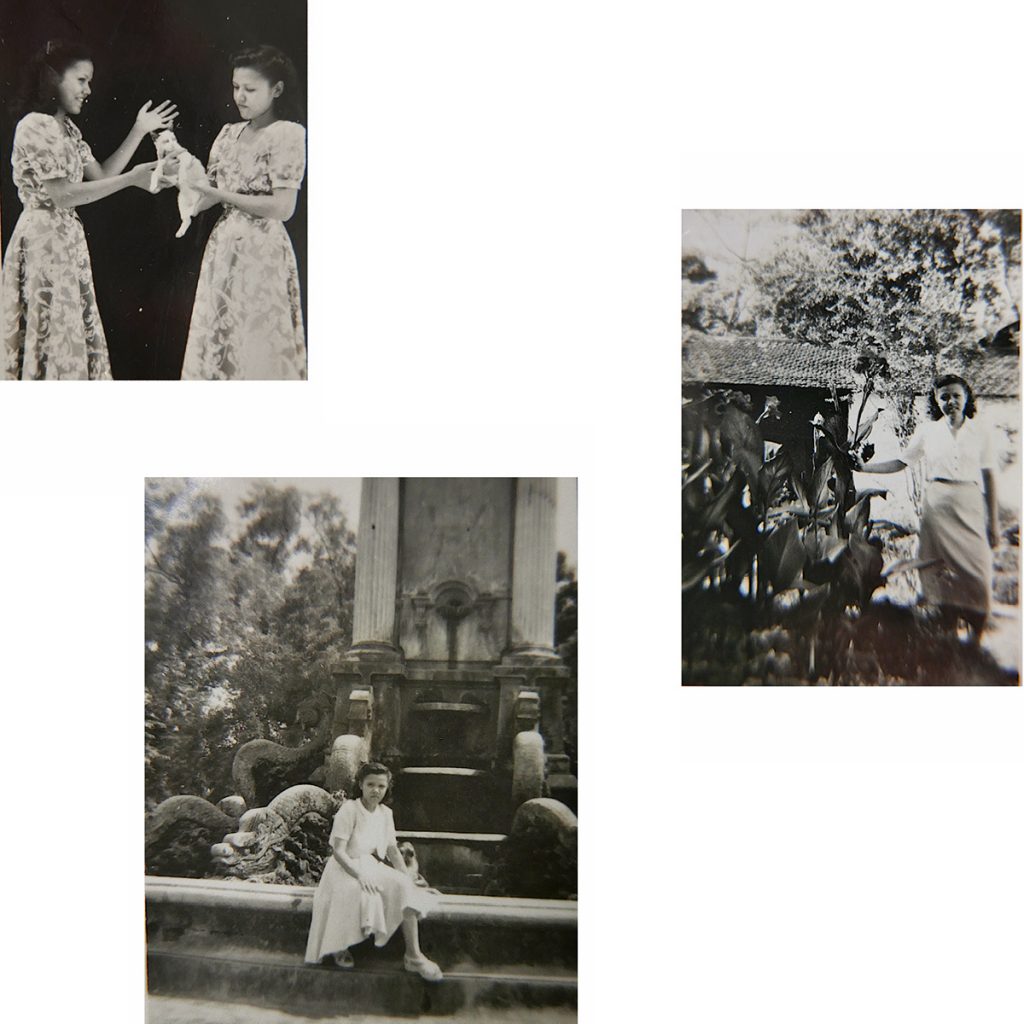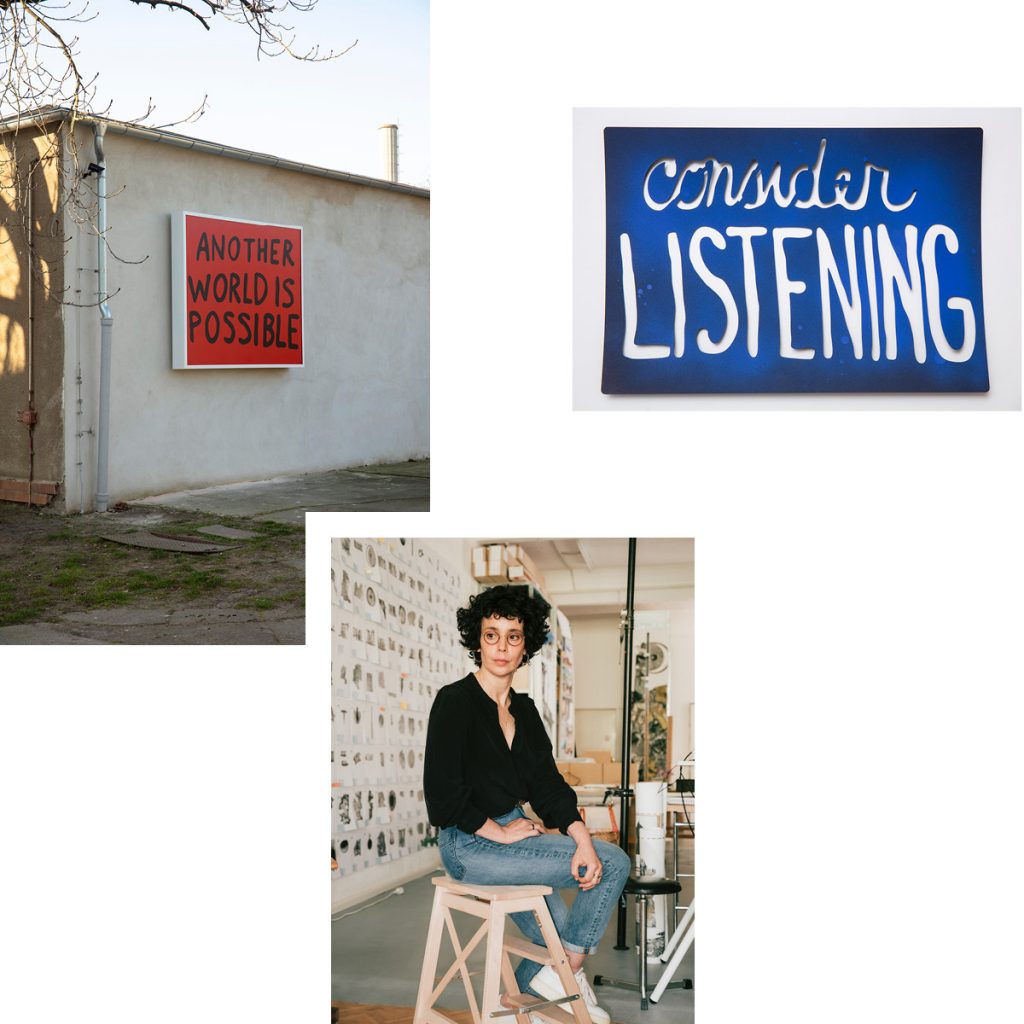
It’s about the Aghet, the genocide of the Armenians during the First World War. With the multidisciplinary festival 100 + 10 – Armenian Allegories, the Maxim Gorki Theater is looking back on the catastrophe for the tenth year. From 24.04. to 31.05.2025, the series of events forms the prelude and prologue to the 7th Berlin Autumn Salon RE-IMAGINE! In addition to new pieces, works that deal with Armenian reality from the last decade will be shown. Armenian stories from all over the world will be told — conceived and realized by over 150 artists, in visual art, films and concerts. “The Bird of a Thousand Voices” opens the festival: musician Tigran Hamasyan, a two-time winner of the German Jazz Award in 2021, stages a new version of an old Armenian fairy tale as a performance between opera and kinetic stage art. The day after, “Donation” celebrates its world premiere: Arsinée Khanjian uses her body as a medium to make experiences of violence and trauma tangible. In the play, the Canadian actress wants to donate historical film costumes to an archivist as a reminder of the genocide. The latter questions the memorial value and added value of the artifacts.
The opening weekend also marks the start of the literary series “My Soul in Exile”, with author Anahit Bagradjans bringing voices from Armenian and diaspora Armenian literature to the stage. Writer Fatma Aydemir, known for her novel “Elbow”, and author and actress Maryam Zaree will read from and discuss the novella by the Armenian poet Zabel Yesayan, which gives the series its title, on April 27. On the same evening, actors Benita Bailey, Saro Emirze and Alina Manoukian will read from Fatih Akın’s screenplay for the film “The Cut”. It tells the story of the blacksmith Nazaret. Until the end of May, the Gorki will be building bridges to the present, asking how past suffering affects the present and what lessons we can learn.
Text: Isabel Raab / Photos: Anush Babajanyan; Nazek Armenakyan, Untitled from the series Red, Black White, 2021; Piruza Khalapyan, The Door to Hell, Nor Getashen, Shahumyan Province, Artsakh, 2020
Maxim Gorki Theater, Am Festungsgraben 2, 10117 Berlin–Mitte; map
100 + 10 – Armenian Allegories 24.04.–31.05.2025. Admission to the exhibition is free of charge.
@maxim_gorki_theater







